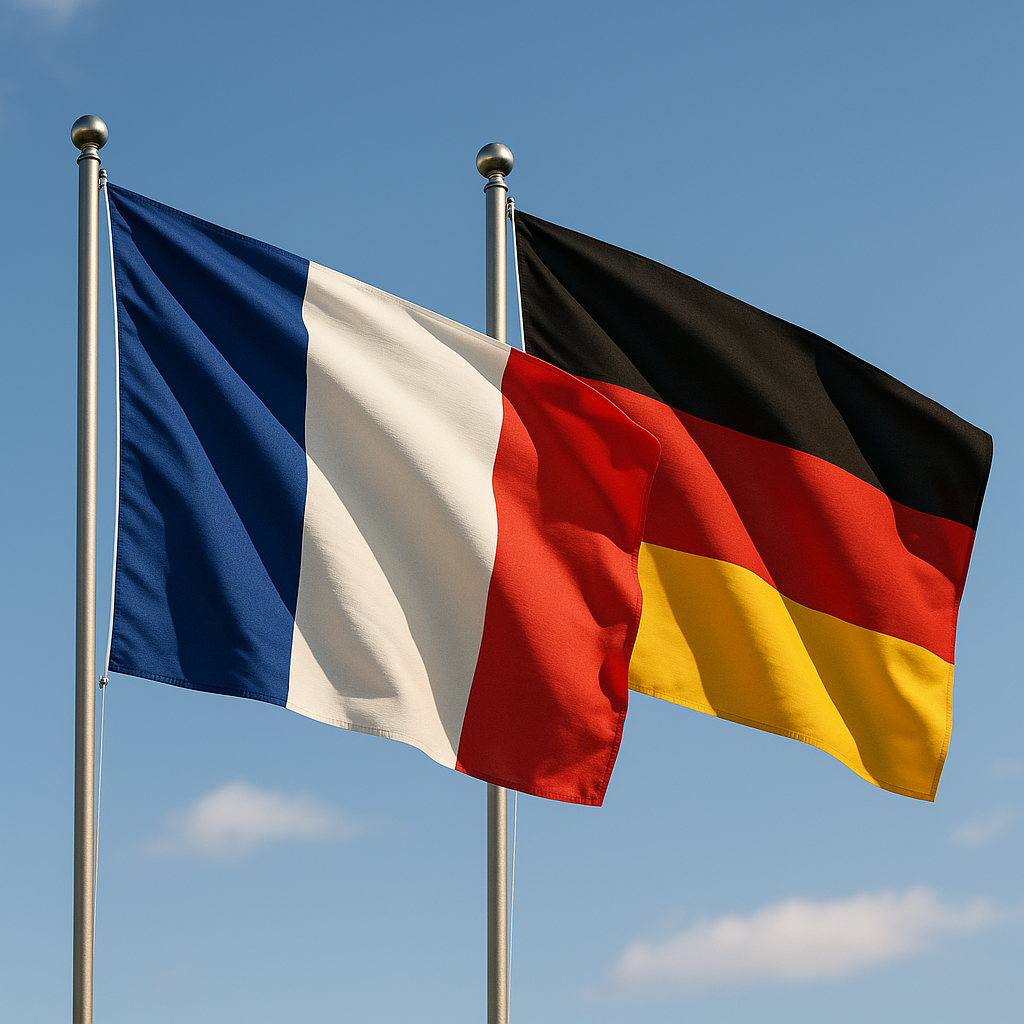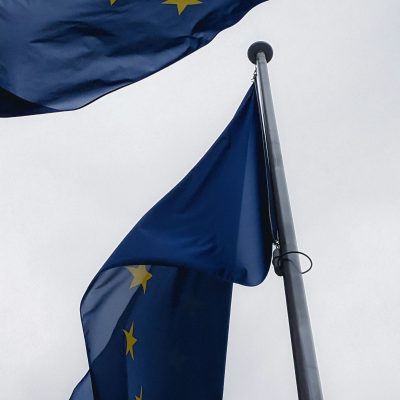German federalism and European integration
Since 1949, German democracy has been organised in a unique federal form that has its roots in the long history of the German constitution and its modern expression in the very particular circumstances of the immediate post-war period. This organisation has evolved over time under pressure from a certain tendency towards centralisation, which characterises most federal states, but also to take account of the very specific issues raised by the development of European integration, with the emergence of a supranational level of decision-making.

Since 1949, German democracy has been organised in a unique federal form that has its roots in the long history of the German constitution and its modern expression in the very particular circumstances of the immediate post-war period.
This organisation has evolved over time under pressure from a certain tendency towards centralisation, which characterises most federal states, but also to take account of the very specific issues raised by the development of European integration, with the emergence of a supranational level of decision-making.
We believe that the history of this evolution has much to teach us, both in terms of better understanding the particular approach to European integration taken by its most populous and economically powerful Member State, and as a source of reflection on the evolution of European integration itself. Concepts such as fundamental law, competing powers between different levels of organisation and cooperative federalism, which encourages the constant search for compromise, are all avenues to be explored in a Europe that will continue to seek institutional balance for a long time to come.
Jutta Hergenhan, who has been a research fellow at Notre Europe for many years, has kindly agreed to give this presentation, combining clarity of expression with rigorous analysis. We would like to thank her for doing so.




